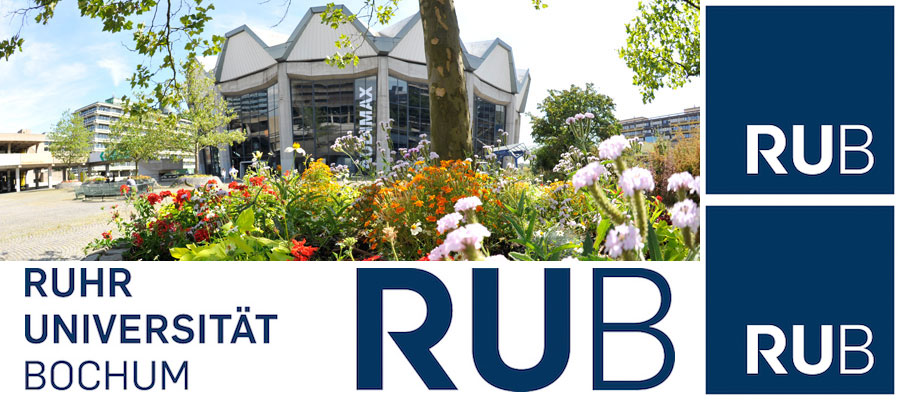The Käte Hamburger Kolleg, RUHR-Universität Bochum, Dynamics in the History of Religions between Asia and Europe is pleased to invite applications for its research fellowships for the academic year 17/18. Fellowships are for period of 3 to 6 months.
The KHK invites applications from scholars who are working on case studies of religious encounters with a focus on a particular geographical region, a particular period of time and a particular constellation of encounters between two or more religions. Each case study will map the occasions as well as the historical and social contexts of such encounters. Most importantly, the proposals will have to address the issues (e.g. doctrine, practice, cosmology, etc.) relevant to the respective contact situations.
Case studies concerning any period, religion or area within Eurasia are welcome. However, in the following you find a list of periods and areas that are of particular interest for us:
Antiquity & Late Antiquity
- Religious contacts in the Late Antique Roman Empire;
- Religious contacts in Late Antique Iran: Zoroastrianism, Manichaeism and Christianity;
- Religious contacts in the Byzantine empire in Antiquity and the Middle Ages (particularly with regard to the Balkan region and the Christianisation of Eastern Europe);
- Religious contacts in Island Mediterranean: Cyprus, Crete, Rhodes.
Medieval
- Religious contacts during the Early Middle Ages in Europe: The rise of early medieval Christian mission;
- Religious contacts during rise of the Cathars and Bogomils: Cathar/Bogomil-Christian-Jewish;
- Religious contacts in medieval Sicily;
- Religious contacts between Latin West and Mongol Empire;
- Religious contacts in early Islamic history (7th-9th century CE);
- Religious contacts with/within medieval Islamic Empires;
- Religious contacts during the Crusades and in the Latin East;
- Religious contacts in the medieval Baltic;
- Religious contacts in/within the Mongol Empire (including Nestorian and western Christians; indigenous Mongol religions as well as Islam and Buddhism);
- Religious contact in Western Central Asia in Medieval times and with regards to Islam (e.g. its contact with Buddhism, Nestorianism or Manichaeism);
- Religious contacts in South Asia in the Middle Ages;
- Religious contact in the Caucasus, especially Georgia;
- Religious contacts in Southeast Asia in the phase of “Indianisation”;
- Religious contacts in medieval and Early Modern Iran.
Early Modern
- Religious contacts in Italian city states;
- Religious relations in the Ottoman Empire;
- Religious contacts between the Ottoman Empire and the Latin West;
- Religious contacts in the Baltic region in Early Modern times, specifically from the secularization of the State of the Teutonic Order 1525 to the third partition of Poland 1795;
- Religious contacts in and of the Lutheran Swedish Empire (1617-1726) with special regard to the 'Conventicle Edict' of 1726;
- Religious contact in the multi-religious Polish–Lithuanian Commonwealth (1569-1795);
- Religious contacts in Portuguese Seaborne Empire;
- Religious contacts in Dutch Seaborne Empire;
- Religious contacts in Island Southeast Asia in the phase of Islamization;
- Religious contacts in South Asia in pre-Modern and/or Modern times (particularly with regards to Hinduism and/or Jainism and Islam; Sikhs);
- Religious contact in Northern Central Asia (particularly in Early Modern and contemporary times and with regards to Shamanism);
- Religious contact in Western Central Asia in Early Modern and contemporary times and with regards to Islam.
Fellows are expected to
- Publish the results of case studies in the form of one or more articles as a contribution to a newly developed KHK Online Companion to Eurasian Religions in Contact;
- Make use of theoretical concepts developed at the KHK over the past years, including specific critical evaluations of of e.g. “purity”, “secret”, “tradition”, “media”, “the senses”, “the immanence/transcendence-distinction” and “dynamics/stability”;
- Reside in Bochum;
- Participate in activities of the Käte Hamburger Kolleg.
Requirements
- Applicants must at least hold a Ph.D.
